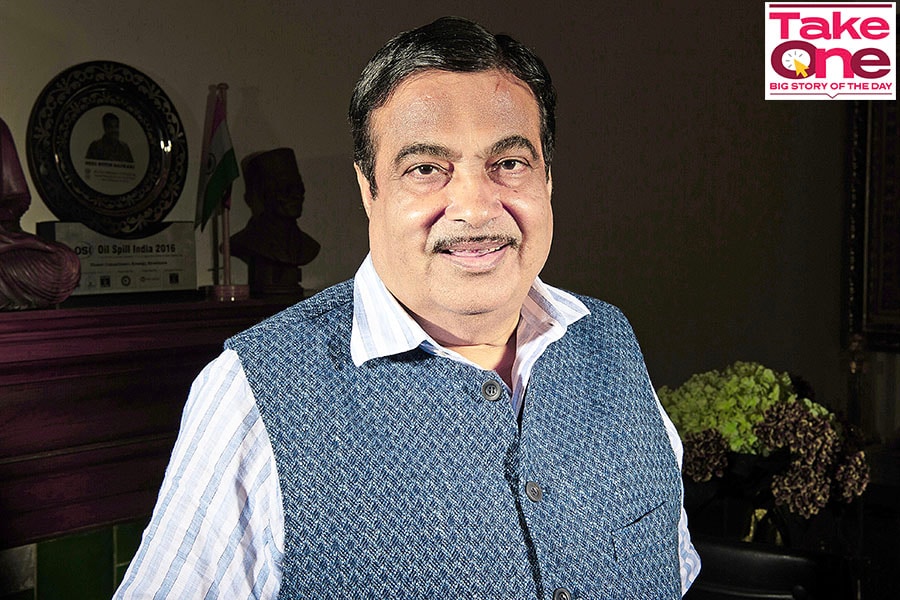
From delay in Bharatmala-1 to EVs, Nitin Gadkari on overcoming hurdles to fast-track growth
In an exclusive conversation on Forbes India Pathbreakers, the Union minister of road transport and highways talks about how he wants to transform the country's highway network to boost sustainable development amidst multiple challenges
 Indian Transport Minister Nitin Gadkari
Image: Amit Verma
Indian Transport Minister Nitin Gadkari
Image: Amit Verma
Talk to any foreign investor, and one of the things they are sure to point out is the relative improvement of the road infrastructure in the world’s most populous country. The connectivity of road and transport plays a critical role in business decisions, and over the past nine years, the total length of national highways increased by 59 percent to 140,679 km in FY23. “Now 40 percent of the country’s traffic is on national highway. The most important challenge for my ministry is how we are going to reduce the logistic cost,” India’s road transport and highways minister Nitin Gadkari says in an exclusive interview on Forbes India Pathbreakers.
In India, the logistics cost is around 14-16 percent, much higher than China (8-10 percent) and the US (12 percent). Clearly, there is much scope for improvement since only 2.6 percent of the total road length available is part of the highway network, Gadkari adds, “By making good roads we are definitely going to reduce the logistics cost.”
Traditionally, the roads sector has been riddled with a plethora of challenges. Many road developers burnt their fingers in the 2010s due to inefficient allocation of capital and ad-hoc delays in government approvals. The alleged lack of transparency in the awarding process did not ease matters. Gadkari says he revived the sector with an infusion of confidence and strategies to attract private players and address bottlenecks.
“When I took charge as a minister in 2014, we had 406 stalled projects worth Rs3.85 lakh crore. Before 2014, the work order was given before land acquisition, forest and environment clearances. After that, sometimes because of courts, environment ministry, or NGOs, there were a lot of delays. That was the reason for huge losses to companies,” Gadkari says. “My ministry saved Indian bankers from NPAs (non-performing assets) of Rs3 lakh crore. We terminated projects of Rs40,000 crore and for projects worth Rs3 lakh crore, every day, for many months, I held meetings with the contractors, engineers, officers, bankers, and with my positivity and transparency, we resolved the issues.”








